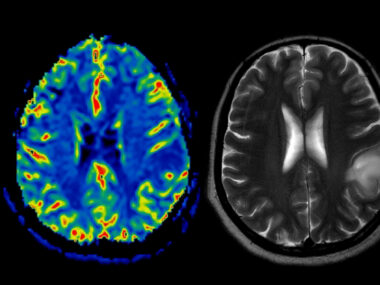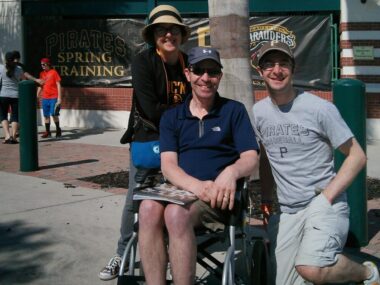Might Chocolate Ease Multiple Sclerosis Fatigue?
Written by |

A research team from Oxford Brookes University is being given a £70,000 ($107,000) grant to analyze whether dark chocolate can help ease symptoms of multiple sclerosis (MS). The Multiple Sclerosis Society (MS Society) will fund the study.
The goal of the project, according to a press release, is to investigate if a compound found in chocolate — flavonoids — can contribute to easing fatigue in MS patients, one of the most common symptoms reported by people with the condition.
“Dark chocolate is generally seen as a food that’s bad for you but it has good things in it – including flavonoids,” said Dr. Shelly Coe, from Oxford Brookes, the study’s lead researcher. “We have run the idea of this trial past a lot of people, such as those at MS support groups and medics, and they have really liked it. We will be looking at the impact of cocoa flavonoids on inflammation and the role that plays in fatigue. There is no cure for fatigue in people with MS, although the majority of those with the condition experience this symptom at some point.”
The research team will test hot chocolate rich in flavonoids during the trial. Flavonoids are a type of compound found in several plant-based foods, such as dark chocolate that has over 70 percent cocoa levels. Investigators believe flavonoids can help diminish both inflammation and the harm caused by molecules that may be connected to fatigue. In total, 40 people with relapsing MS will drink a daily dose of hot chocolate during six weeks. Half of the participants will receive a flavonoid-rich cocoa drink, while the other half will be given a normal cocoa drink with lower doses of flavonoids. Researchers will check for inflammation through questionnaires asking participants about their fatigue levels and through blood samples. Patients will also be asked to wear accelerometers, or watches that monitor their daily activity.
Dr. Emma Gray, Head of Clinical Trials at the MS Society, stated, “We are really excited to fund this innovative work. More than 100,000 people are living with MS in the U.K. and many of them have to deal with the debilitating effects of fatigue on a daily basis. We are delighted to be supporting this project as it is quirky and unusual, but ultimately based on robust scientific evidence. At the MS Society we want to explore creative ways of helping people with MS cope with their condition and we look forward to seeing the study progress.”

